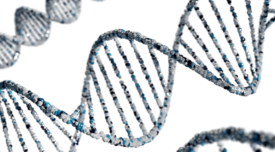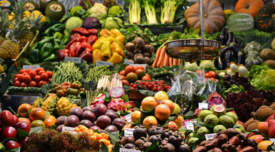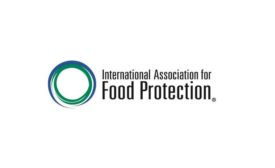Management
Numerous sectors require that their professionals engage with ethical education; why does the food industry not mandate food safety ethics courses?
Read More
Cybersecurity and Food Defense: Bridging Information Flow Between Business and Government
The most important role of a Food and Agriculture Information Sharing and Analysis Center (FA-ISAC) is to facilitate the flow of information between industry and government entities
October 9, 2023
FSPCA Preventive Controls Updated Curriculum Highlights—Advantages for Food Safety Management
The issuance of FDA guidance documents and feedback from FSPCA stakeholders prompted FSPCA to update and issue a new version of its training curriculum
October 6, 2023
Food Safety Insights: Food Safety Priorities—Getting ‘Back to Basics'
Pandemic disruptions prevented a greater focus on fundamental issues, to which processors are now returning
October 5, 2023
Never miss the latest news and trends driving the food safety industry
eNewsletter | Website | eMagazine
JOIN TODAY!Copyright ©2025. All Rights Reserved BNP Media.
Design, CMS, Hosting & Web Development :: ePublishing














